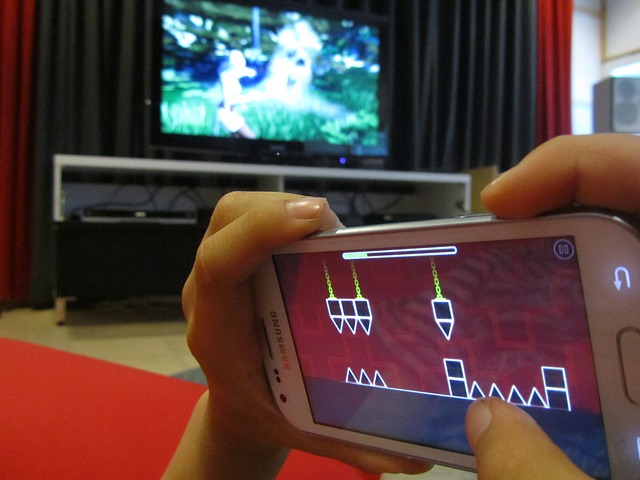According to revised recommendations from the American Academy of Pediatrics, it’s alright for babies and toddlers to video call, and for older kids and adolescents to study, socialize and play online – as long as they put down their gadgets to get enough sleep, eat proper meals, exercise or do physical activity, and otherwise develop a healthy life offline.
The nation’s biggest group of pediatricians rolled out the new recommendations Friday, replacing age-old advice that children under the age of two should avoid looking at any screens, and that older children and teens should only be plugged in for two hours at the most, USA Today reports.
While the AAP still tells parents to set a time limit on how often and how long their kids use digital media, the organization does acknowledge that there is no way to avoid the prevalence of these devices, and that they do have benefits.
Megan Moreno, one of the guidelines’ authors and an associate professor of adolescent medicine at Seattle Children’s Hospital, says computers, smartphones, tablets and such are “not evil” and don’t have to be avoided.
Time spent on them just “needs to be balanced with all the other things kids need.”
The pediatricians agreed that babies younger than two years old should be kept away from screens, but put in an exception: video chatting, as talking to family members via services like Skype, Face Time or Facebook Messenger can help build personal relationships. But, they point out, there is little proof that babies can understand, much less engage in, online activities or television.
Parents who want to introduce shows and apps to their kids should watch and interact as they do so, not leave them alone. From ages two to five, the AAP recommends a one-hour limit and says that parents should be selective about the quality of what their kids watch.
Jenny Radesky, also an author on the guidelines and an assistant professor of pediatrics at the University of Michigan, says, “We are not backing away from the idea that unplugged, unstructured time, getting out in the backyard and discovering things on your own, is crucial for a child’s development, and we don’t want that to be displaced.”
For older kids, the pediatricians dispensed with time limits, but encourage parents to use an online planning tool to limit digital interaction, and schedule physical activity as well as family time. These restrictions aim to reduce the risks of obesity, lost sleep and poor school performance.
Other updates include recommendations that parents ban screens one hour before bed and in bedrooms to prevent sleep disruption, keep homework time digital-free, designate areas in the home where no gadgets are allowed, and continue having open discussions with their kids on bullying, sexting, pornography and other modern-day threats.
The guidelines were published in the journal Pediatrics.
























